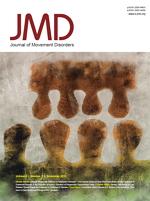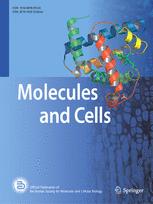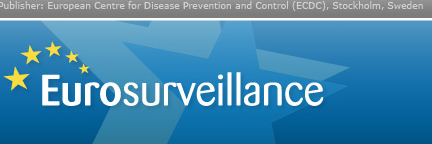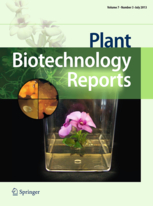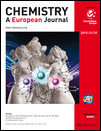 SEOUL — In one of the single biggest instances of misconduct we’ve ever come across, prosecutors in South Korea are seeking up to 18 months’ prison time for 75 professors who are among those charged with plagiarizing science and engineering textbooks wholesale.
SEOUL — In one of the single biggest instances of misconduct we’ve ever come across, prosecutors in South Korea are seeking up to 18 months’ prison time for 75 professors who are among those charged with plagiarizing science and engineering textbooks wholesale.
Prosecutors say that since the 1980s, 179 professors at 110 universities across the country have been publishing other authors’ books under their own name, merely swapping the covers, making only cosmetic changes to the text, and assigning them to their classes. Thirty-eight titles are involved, ranging from architecture, civil engineering, fire fighting, mechanical engineering, and chemistry. Of the 179 charged, 23 are the books’ original authors, who allegedly continued to be cut royalties from the repurposed texts and hoped to maintain good relations with the publishers for future books. The plagiarists stood to boost their CVs for their yearly high-stakes evaluations, in addition to the book contracts. Five employees from the four publishing companies involved were also charged.
Seventy-five of the professors have been formally indicted without detention on charges of copyright infringement, and will face a bench trial by judge. (Juries are rarely used in South Korean criminal proceedings.) The prosecutor’s district office in Uijeongbu, north of Seoul, is in charge of the case; the bureau’s chief, Soon-jeong Kwon, told us Continue reading Korean prosecutors seek jail time for professors in massive plagiarism scheme

